Global legal corridor for cyber security
The Hanoi Convention is actually closely related to the lives of each of us, from the phone we hold in our hands, our social media accounts to our daily banking transactions. It is the first international treaty of the United Nations to establish a framework for global cooperation in preventing and combating cybercrime - a crime that has no borders, no faces but is infiltrating every corner of life.
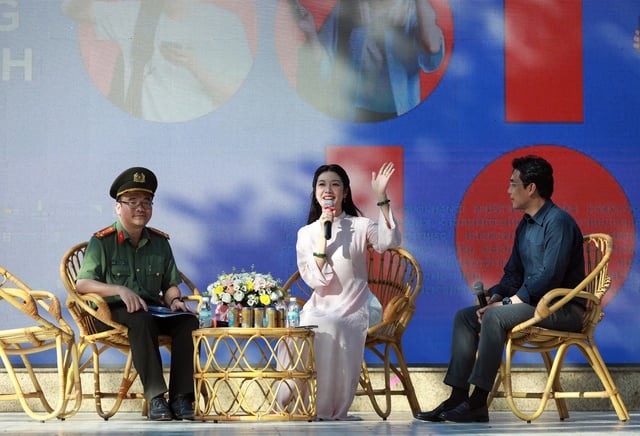
The Not Alone - Stay Safe Online Together campaign carries a simple yet profound message: In the online world , no one is alone.
Memorable numbers about the Hanoi Convention
The Convention consists of 9 chapters and 71 articles, drafted over 4 years with the participation of more than 200 countries and territories.
Its content revolves around three major pillars:
- Criminalize cybercrime;
- Strengthen international cooperation in investigation, extradition, and sharing of electronic evidence;
- Ensuring human rights in the digital environment.
Because of its wide scope, the document is considered a major turning point more than two decades after the birth of the European Budapest Convention.
If Budapest is a regional playground, Hanoi opens a global legal framework where every country has a common voice and responsibility.
The first notable point is that the Convention clearly stipulates the acts that must be criminalized in the laws of each country. These are acts of illegal intrusion into information technology systems, data theft, online fraud, spreading malware, exploiting children online or money laundering using electronic assets. Many of these acts have been handled by Vietnam according to the current Penal Code. However, joining the Convention will help us synchronize with the world, avoiding the situation where each country has its own way. When cybercriminals can sit anywhere on earth, only global unity can help justice catch up with the speed of the keyboard.
The second point is the international cooperation mechanism. Previously, when Vietnamese investigative agencies needed electronic evidence from a foreign company, the procedure had to go through many layers of judicial delegation, sometimes lasting for months. The Convention establishes a new mechanism, allowing countries to share electronic evidence faster, through a secure channel recognized by the United Nations. A 24/7 network will be operated so that specialized agencies can exchange urgent information on cybercrime, especially in cases related to cross-border fraud, data attacks and cyber terrorism.
The third point is less noticed but very important. That is to ensure human rights and digital sovereignty of each country. During the negotiation process with many countries, Vietnam has persistently defended the principle that fighting cybercrime does not mean violating privacy. The convention affirms that data collection and sharing must comply with national laws and international obligations on human rights. This demonstrates the balance between security and freedom, a problem that every digital world must solve.
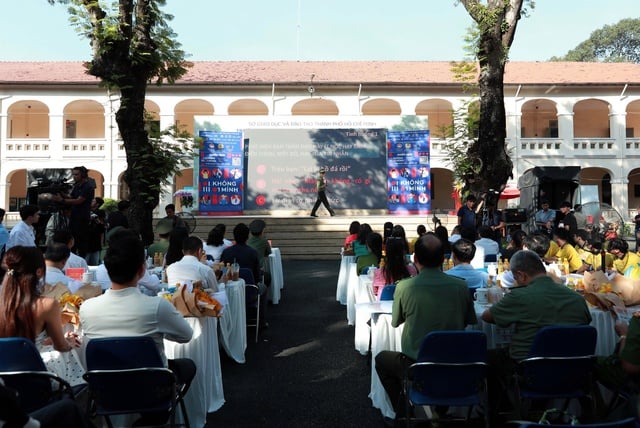
On October 20, at Le Hong Phong High School for the Gifted (HCMC), the HCMC Police Department coordinated with the Department of Education and Training to launch an Anti-Fraud Campaign for Students with the theme Not Alone - Together, Stay Safe Online. The program responds to the Hanoi Convention, which will be signed in Hanoi on October 25-26.
Photo: Ngoc Duong
Vietnam's growing position in the field of cyber security and international law
For Vietnam, hosting the signing ceremony has a meaning beyond diplomatic protocol. It is a recognition of the country's growing position in the field of cyber security and international law. We have been victims of many high-tech scams from bank account hijacking to personal data theft. Now Vietnam is not only defending but also actively contributing to shaping the global rules of the game.
The Hanoi Convention also opens up great opportunities for the digital economy. When an international legal corridor is established, technology, fintech, and e-commerce businesses will operate in a safer and more transparent environment. International partners have a basis for trust when cooperating with Vietnam because security and data protection standards are referenced according to global standards. People also benefit when personal data, accounts, and transactions are better protected.
More than 20 years ago, when the Budapest Convention was born, many developing countries had not yet joined. Now, Hanoi has become a symbol of a new stage, a stage in which the world together builds "traffic laws" for the digital highway. On that road, each country is a driver, each citizen is a participant and the law is a signpost to keep everyone from colliding.

Students are vulnerable to online fraud. Photo: Ngoc Duong
Of course, to turn commitments into actions, it is impossible to rely only on the signing ceremony. Vietnam will have to internalize the provisions of the convention, review and amend related laws such as the Penal Code, the Cyber Security Law, the Personal Data Protection Law and regulations on electronic proceedings.
Investigative agencies need to strengthen their digital tracing capabilities. Procuracies and courts need to have procedures for accepting electronic evidence that meet international standards. State management agencies must invest in security systems and intensive personnel training. Because in the digital world, skills gaps can create legal loopholes larger than borders.
No one is alone in the fight against cybercrime
At the individual level, it is also important for everyone to understand that the Convention is not just a government matter. It is a reminder that online safety starts with us. When a click can open the door to crime, every act of sharing, downloading or disclosing information has legal implications. Cyberspace is our second society and needs the same ethical and legal standards as offline life.
There have been concerns in the world that such a global convention could be used to expand control of information, affecting press freedom or privacy. These concerns are not without reason. Therefore, it is important that Vietnam, as the host country, plays a bridging role, ensuring that the implementation of the convention is both strict with criminals and humane with people.
The Hanoi Convention is not a silver bullet, but a collective commitment that no one is alone in the fight against cybercrime. It affirms the role of the rule of law in a world that is changing every second and reminds us that, wherever we are, security and trust are the foundations of all civilized societies.
Source: https://thanhnien.vn/cong-uoc-ha-noi-la-gi-vi-sao-lien-quan-mat-thiet-den-moi-nguoi-dan-185251022143023234.htm





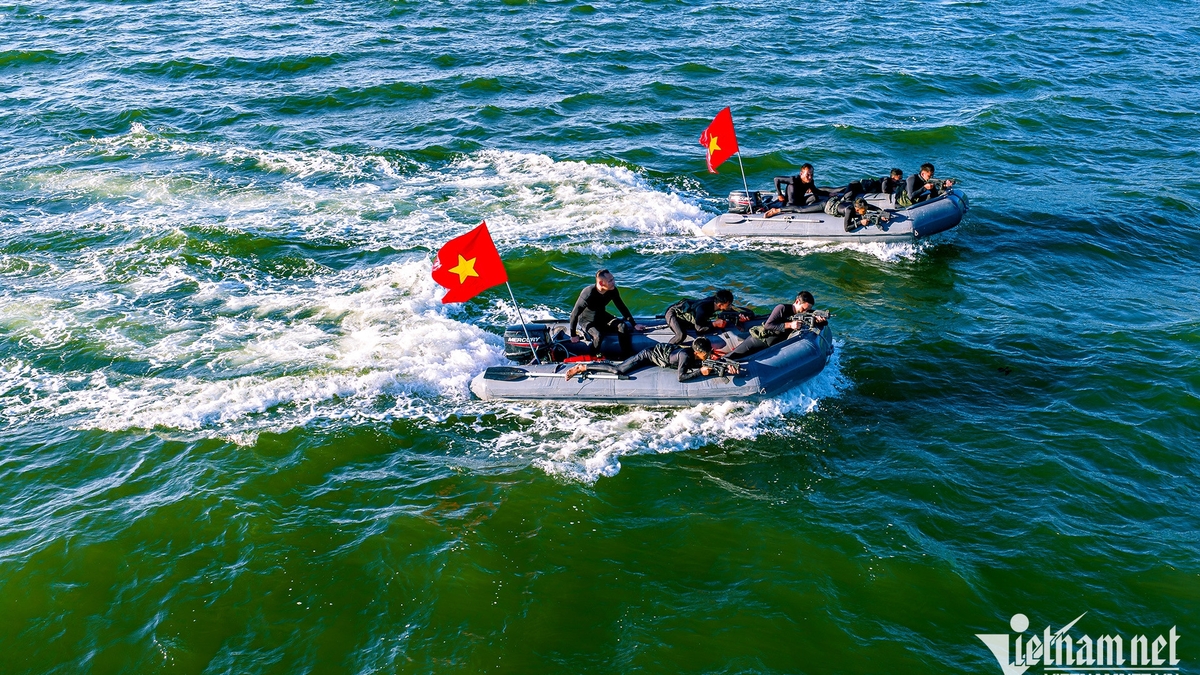


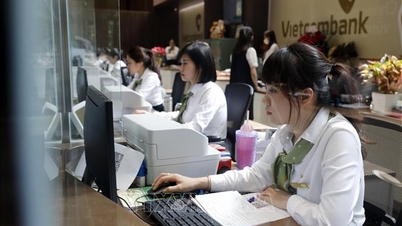





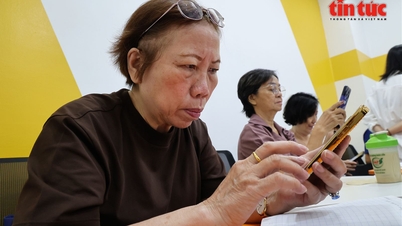
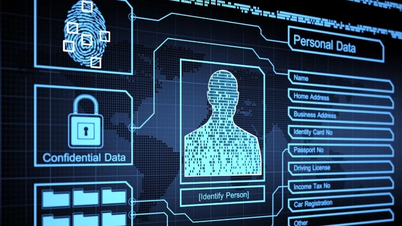


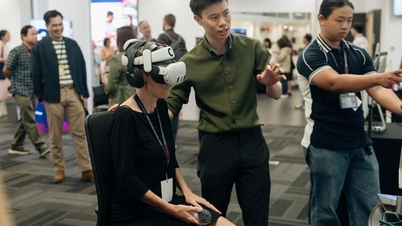
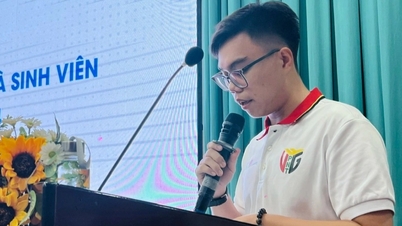

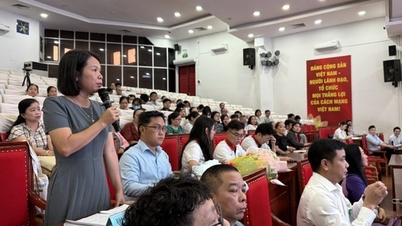
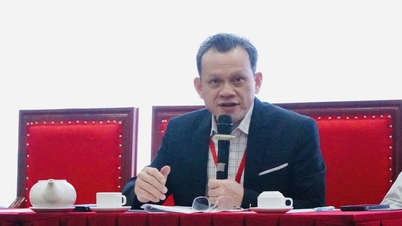

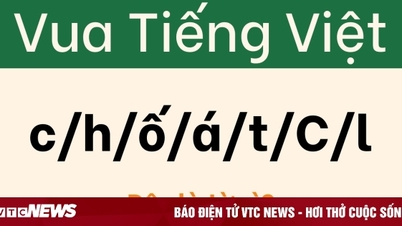




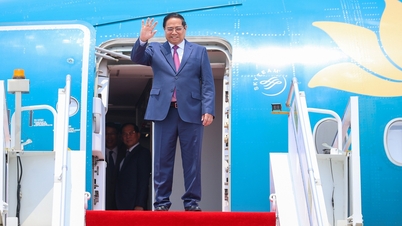
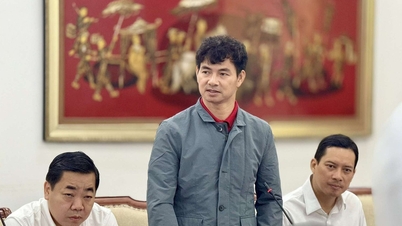
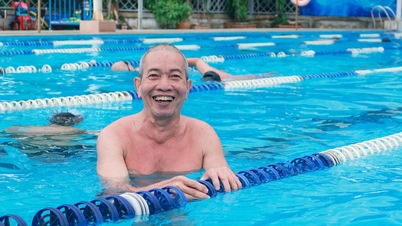
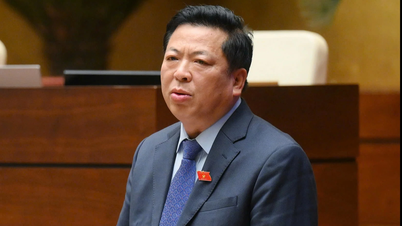

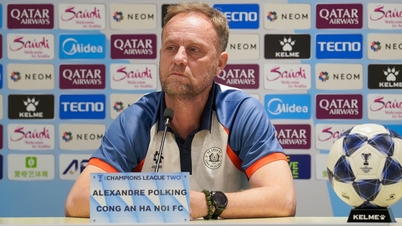





































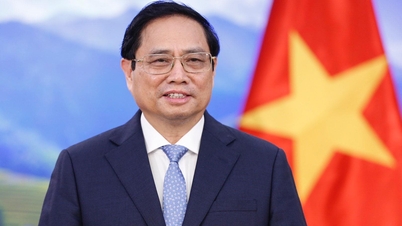

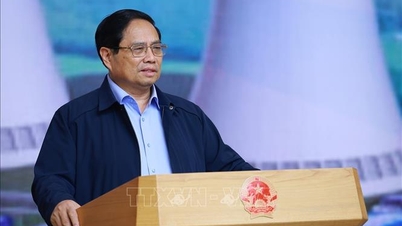




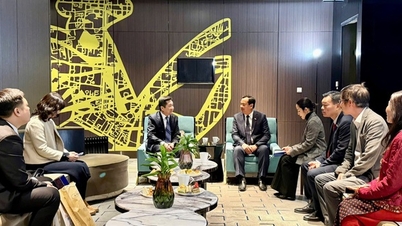

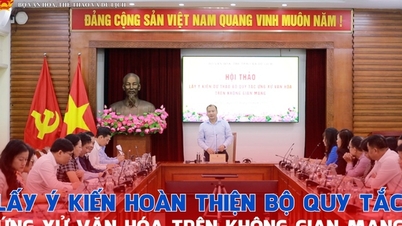
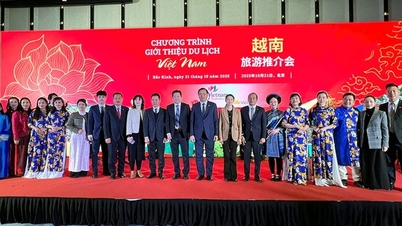
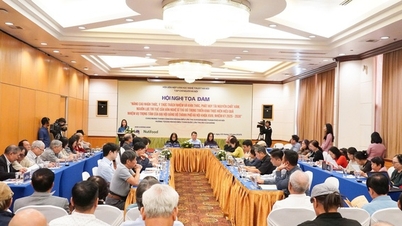
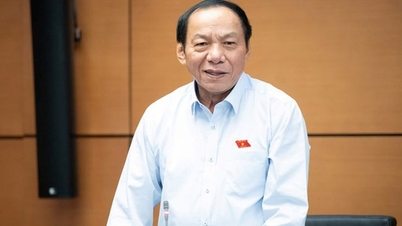
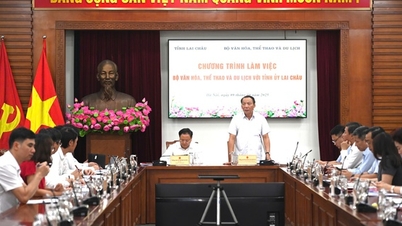
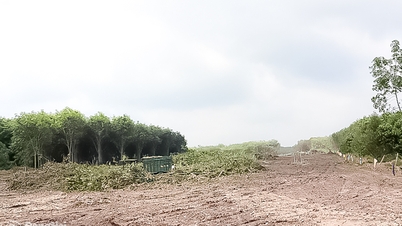

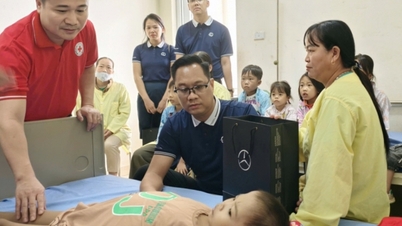

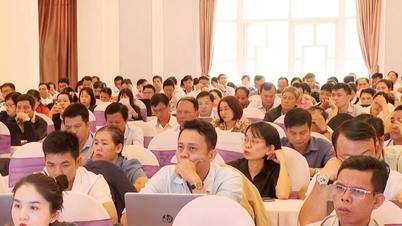

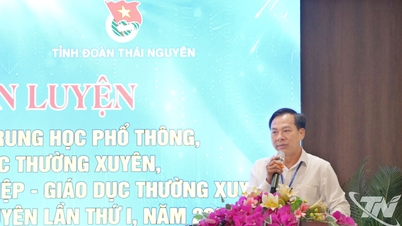
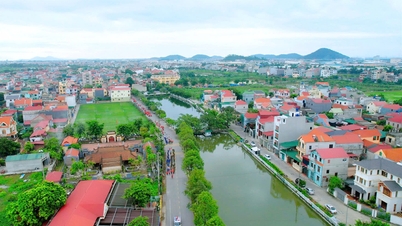

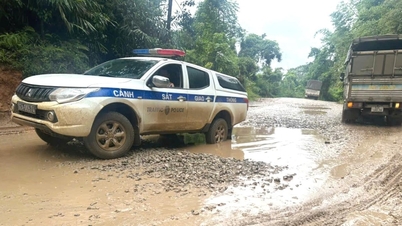















Comment (0)